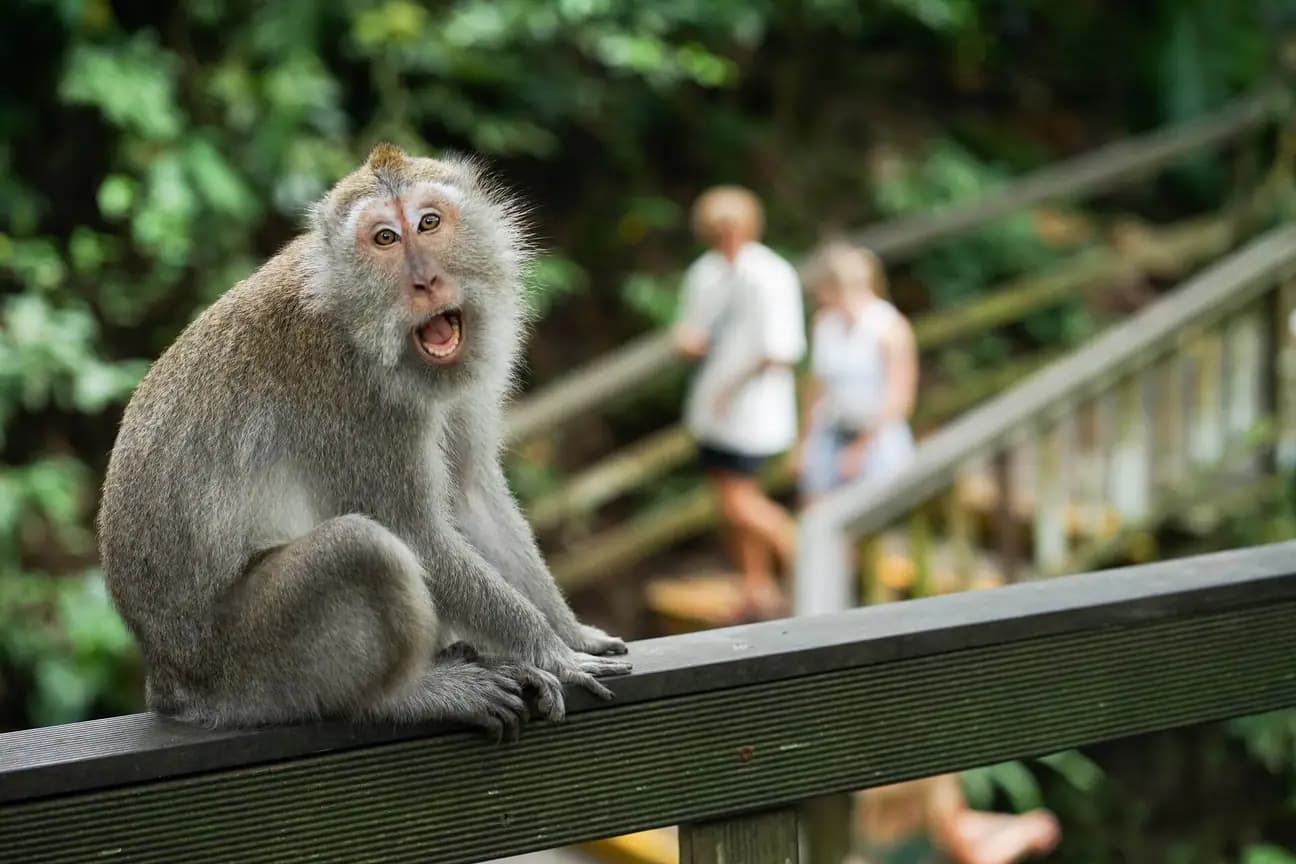On January 4, 2025, four Indonesian ministers led a large-scale cleanup at Kuta Beach. This effort highlighted Bali's commitment to clean tourism while addressing its escalating waste crisis.
Zulkifli Hasan, Coordinating Minister for Food Affairs, warned about the future risks of plastic pollution, stressing that if not controlled, plastic waste could outnumber fish in the seas.
Bali's west wind season, from October to March, has worsened the waste problem. Environment Minister Hanif Faisol Nurofiq revealed that 2024-2025 might surpass previous years in debris accumulation. In earlier years, Bali dealt with 6,000 tons of waste in 2020-2021 and 2,900 tons in 2023.
"Kuta is our focus due to its global significance. We will take thorough action," Hanif said.
The cleanup involved 2,115 volunteers from the military, police, students, community groups, and sanitation workers. Social media activists also joined the effort. Although heavy rain briefly paused the activities, they resumed promptly. Collected waste was sorted, weighed, and sent to waste management partners for processing.
Efforts to promote sustainable tourism
Efforts to promote sustainable tourism have gained significant momentum in Bali. This initiative, supported by Deputy Environment Minister Diaz Hendropriyono and Special Envoy for Tourism Zita Anjani, involved local officials and representatives from various organizations.
The drive aligns with ongoing activities led by groups like Sungai Watch, which addresses Indonesia's waste crisis. Recently, hundreds of volunteers participated in a cleanup at Kedonganan Beach. The beach had become overwhelmed by plastic waste, described by Sungai Watch as the worst pollution they had witnessed. Plastics were found buried up to a meter deep in the sand.
Over six days, volunteers removed 25 tons of waste. Most of the waste originated from Java, Indonesia's most populous island. Gary Bencheghib, Sungai Watch's founder, highlighted the diverse trash collected. It included plastic cups, straws, cutlery, and empty coffee sachets mixed with organic debris like plants and wood.
This cleanup brought attention to Bali's urgent need for better waste management. The environmental crisis threatens both tourism and the island's ecosystems. Volunteers like Tatiana Komelova, a Russian tourist, shared emotional responses to the pollution. She expressed a personal commitment to reducing her daily plastic use after witnessing the scale of the problem.
Collective efforts like this demonstrate Bali's commitment to sustainable tourism. By tackling environmental challenges, the island seeks to preserve its natural beauty for visitors while protecting its ecosystems for future generations.











